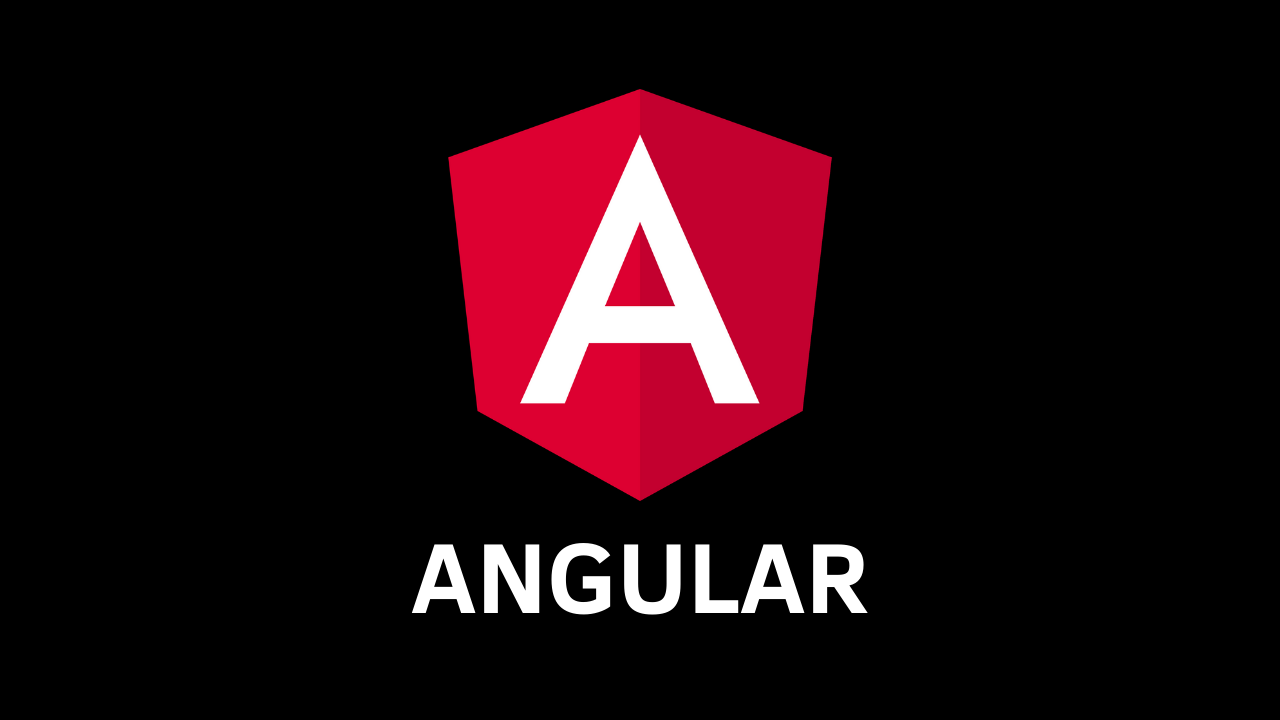Angular Development
Angular is a popular open-source web application framework developed and maintained by Google. It is used for building dynamic and scalable single-page applications (SPAs) and is based on TypeScript, a statically-typed superset of JavaScript.

Angular is a popular open-source framework for building dynamic web applications.
Angular is an open-source web application framework maintained by Google. It allows developers to build dynamic, single-page web applications using HTML, CSS, and TypeScript.
Angular provides a set of powerful features, such as two-way data binding, dependency injection, and component-based architecture, to simplify and speed up development. Angular provides a powerful set of features and tools for building scalable, maintainable, and testable applications. Some of the key features of Angular include two-way data binding, component-based architecture, dependency injection, and directives. Angular also provides robust support for testing, debugging, and performance optimization. With a large and active community of developers and a rich ecosystem of libraries and tools, Angular has become one of the most popular frameworks for web development.





